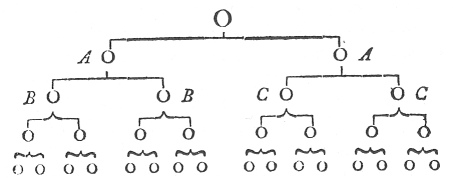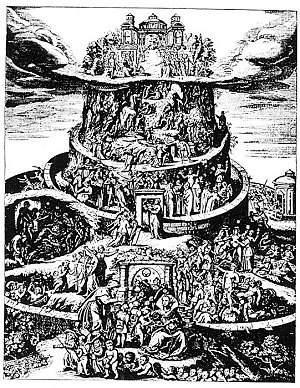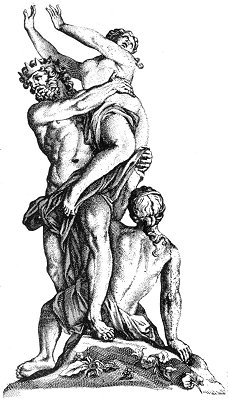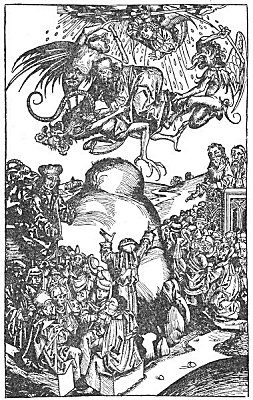I observe in the ritual of this degree, that should the Hierophant be fatigued by the length of this discourse, he may take breath, and let one of the adepts continue the instruction of the proselyte. 11 Our readers also may avail themselves of this permission, and they have copious matter for reflection in what they have hitherto read. They may perhaps be inclined to ask, to what degree the people must diminish their wants not to stand in need of laws? They will perceive that bread itself must be denied them; for as long as fields are cultivated, laws will be necessary to protect the crops and to restrain men from reaping that which they have not sown; and if on the first view the Sophism appears wicked, the reader will soon perceive that it is but folly in the garb of Sophistry.
The better to form their judgments on the lessons of the Hierophant, they will have to compare that Revolution, which is to be the effect of instruction alone, and which is insensibly to take place without the least shock or rebellion, with that period when the adepts shall have acquired numbers, force, and power, enabling them to bind the hands of their opponents, and to subjugate all who may still show any affection for their laws, or for that civil order in society which the Sect wishes to suppress.
p. 485
Footnotes
484:1 Philo to Spartacus. Instructions for this degree.
484:2 Instruction for this degree.
485:3 p. 485 Ibid. Further instructions on the admission to the degree of Priest.
485:4 Ibid. Further instructions on the admission to the degree of Priest.
485:5 Original Writings, Vol. II. Part 2.
485:6 Last works of Philo and Spartacus, from Page 10 to 70, and certificates of Philo at the beginning of this degree.
485:7 I have compared the two editions of this discourse. The first gives it just as Weishaupt composed and pronounced it at his first initiations. The second has been corrected by his adept the Baron Knigge, known by the characteristic of Philo. All the difference that I could observe was, a slight refinement of the style in some parts, while prolix passages had been added in others. I remarked, that the Compiler Knigge had literally copied all the impious, seditious, and frantic lessons of the original—I have given the preference to the original. In place of adding, I shall rather retrench, and only mention the most striking passages, making such reflexions as circumstances may require. Weishaupt, according to the idiom of the German language, always addressed the Candidate in the third person plural: in this particular, we have followed Knigge’s correction, as more suitable with our language.
485:8 Orig. Writ. Vol. II. Let 18, from Weishaupt to Zwack.
485:9 Darum sind wilde, and im höchsten grad aufgeklärte, vieleicht, die einzige freye menschen.
485:10 See Discourse on the lesser Mysteries of Illuminism.
485:11 This Discourse actually requires at least two hours to read it. That part from which I have made extracts extends in Vol. II. of the Original Writings, from Page 44 to 93, and in the Last works of Philo and Spartacus, (which are in much smaller print) from Page 10 to 48. I mean to abridge the remaining part still more; but shall be scrupulously exact in the translation of all remarkable passages.
Next: Continuation of the Discourse on the Lesser Mysteries

Moe is the founder of GnosticWarrior.com. He is a father, husband, author, martial arts black belt, and an expert in Gnosticism, the occult, and esotericism.





